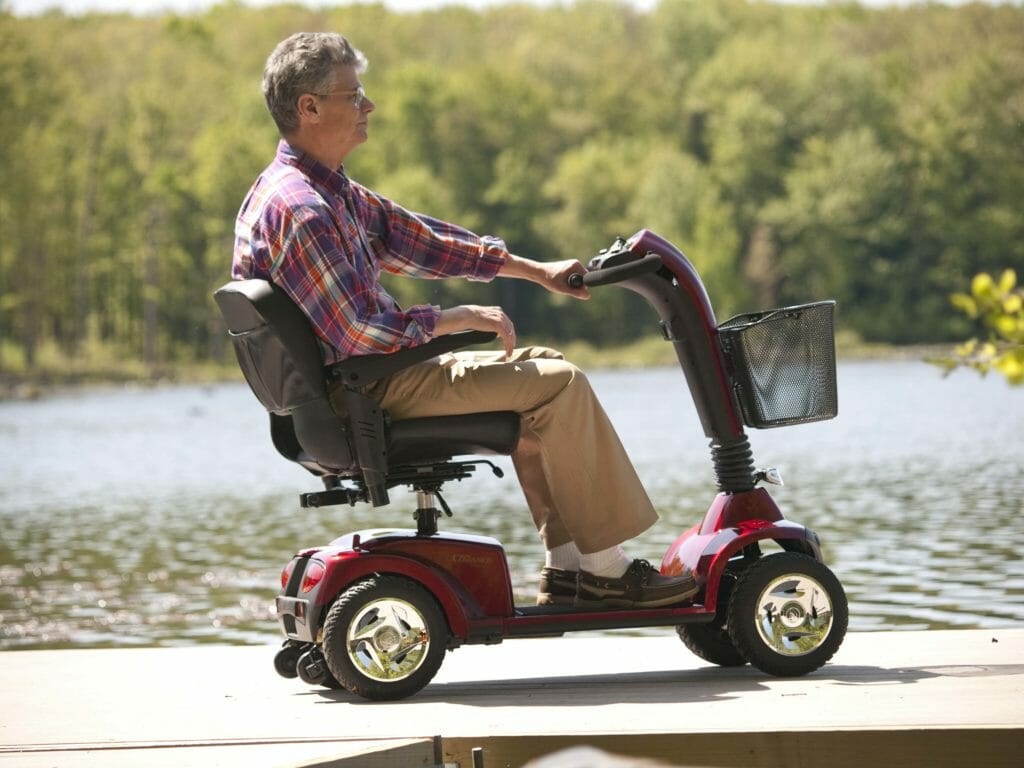If a person is on the lookout to buy a second-hand mobility scooter for a dear one, family member, friend or even oneself, they would have noticed many advertisements at shopping malls, newspapers or the internet. It might sound quite appropriate to go for this option, as the price is affordable, and the scooter looks great but this is a wrong move.
Stories of how customers have bought second-hand scooters confirmed as almost new and rarely used were found to be having many issues such as battery needs to be replaced within 3 to 6 months of using. Some may be lucky and purchase a well- maintained mobility scooter and make good use of it, but the biggest issue is that no one knows how to gauge the future usage of the device. To avoid making a bad choice make a list of questions to ask about the secondhand device.
Probable questions to inquire:
Brand and name of the mobility scooter
Before viewing the mobility scooter, call and find out the brand and model to enable you to research on the device. Ensure the weight capacity is as per your weight and whether the battery range, features, and the speed range as per your requirement.
Period of Usage
The period of how long the device has been used can help to judge the condition of the battery. Sometimes it could have been used by a family member and discarded in a garage or even outdoors. This should be a good warning for choosing against the purchase. Mobility scooter batteries have to be charged regularly for good maintenance and if it has not been charged for a long period, the charged time of the battery life will get affected. An unused battery in a device is most likely to need a new battery replacement for future use. It is different if the scooter has been kept on charge when it was not been used. This extends the battery life, therefore, the best way to store a scooter is to keep it plugged whenever it’s not being used.
Dealer/Agent
Invariably, it is good to know where the mobility scooter had been purchased originally and under what name. This will assist to call the agent and research more about the product’s service and repair details and also for future maintenance and repairs.
Test Ride
A thorough test ride is vital. If possible, accompany a friend or family member to get a second opinion. Concentrate on the battery bar when test riding. This is sometimes a little needle hanging over the green, yellow and red areas or caulks with small lights. The latest model of scooters has an LCD. Please note that the battery bar should be still during a test ride. Most mobility devices are manufactured to travel between 20 to 50km and a 5 to 19 minutes ride will probably not show up on the battery bar. If a change is noticed in the battery bar, it is a signal to indicate a faulty battery and may need replacement.
Suspension
To check how well the suspension is working, ensure to ride over some uneven surfaces.
Noise
Pay more attention to any abnormal, crunching or vibrating sounds deriving when taking tight turns, reversing or braking.
Tyres
Question the seller when the tyres were replaced and check carefully if these look worn out or damaged.
Disadvantages of using a second-hand scooter
· Being unaware of how long it will work trouble-free.
· The non-existence of a valid warranty
· Battery life not guaranteed
· Tyres may have to be replaced
· Non-availability of the user manual
Taking all of the above into consideration and the cost that may have to be incurred due to repairs, replacement of battery, tyres and other spare parts, it is always better to purchase a brand-new mobility scooter for the benefit of the user.











